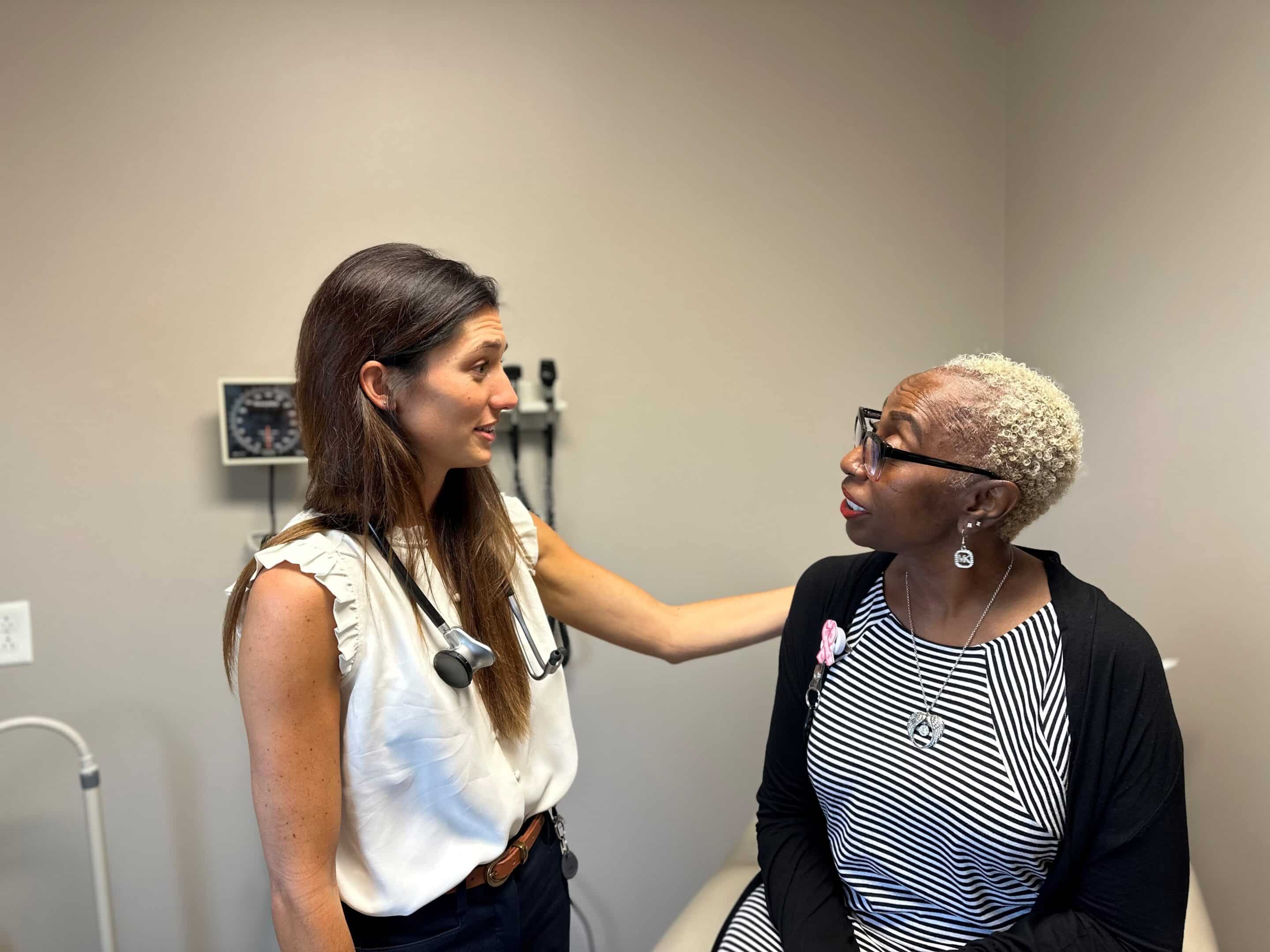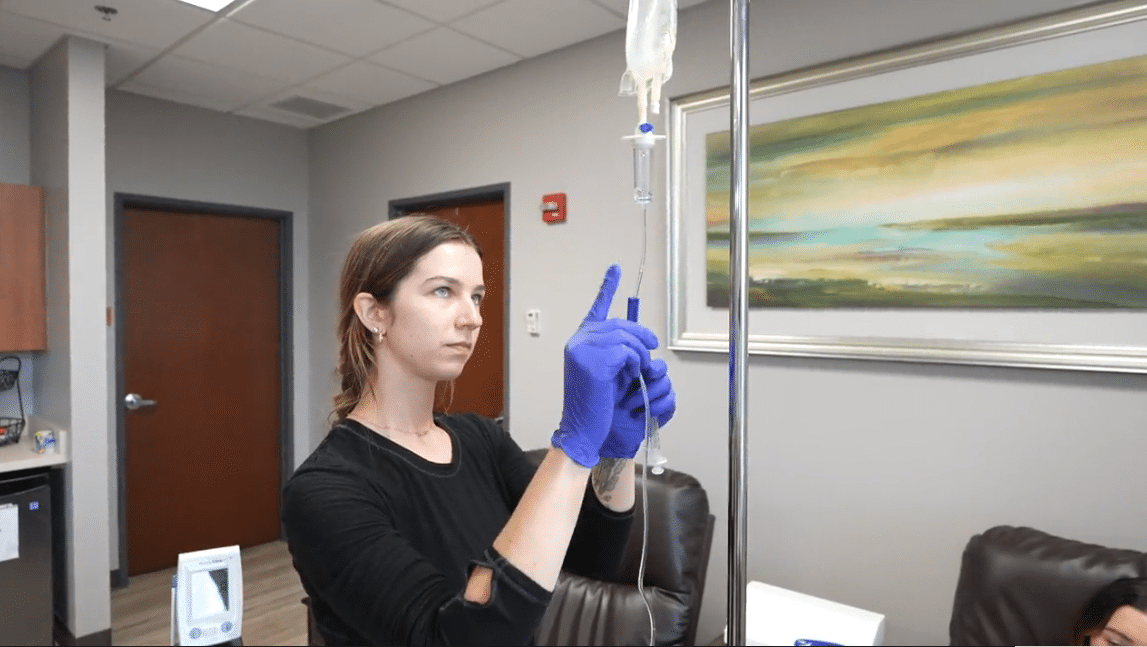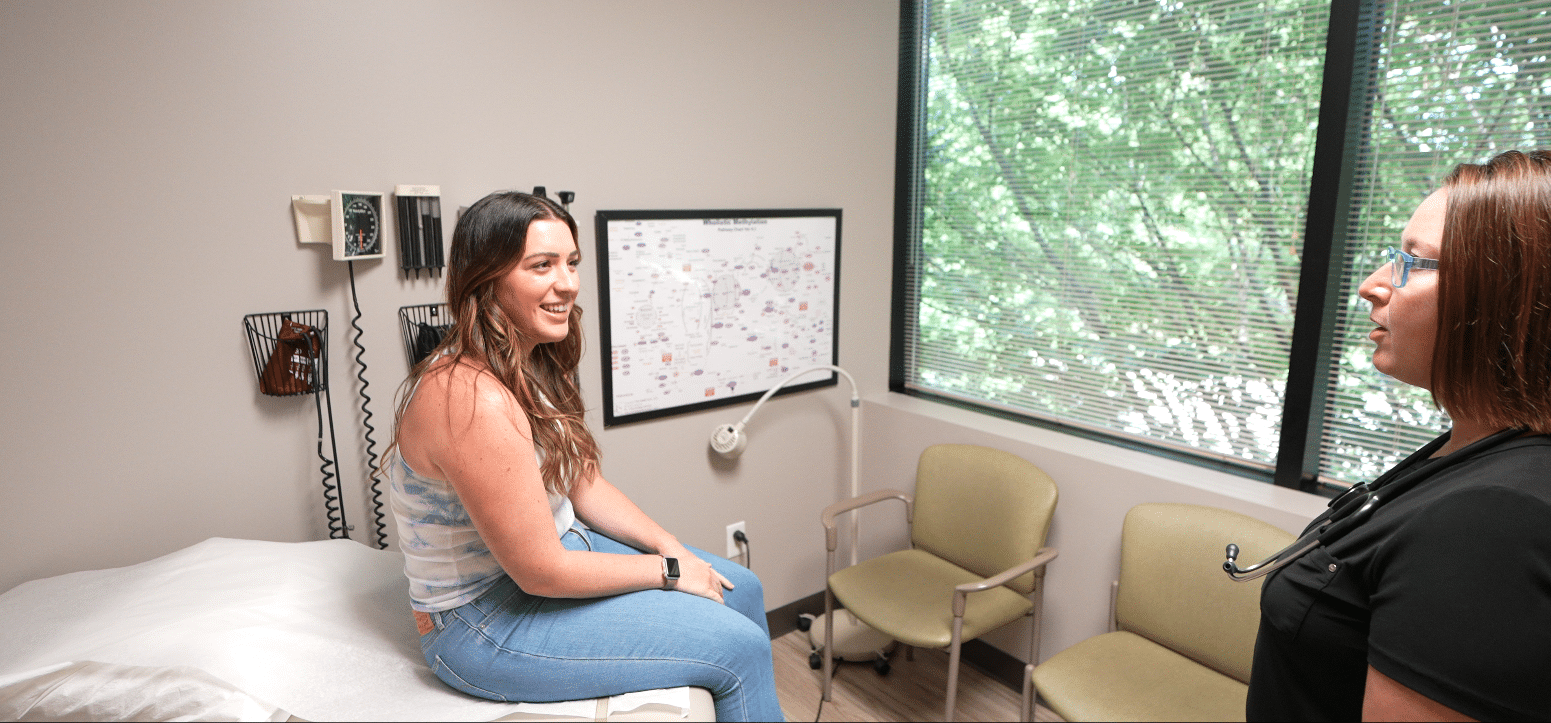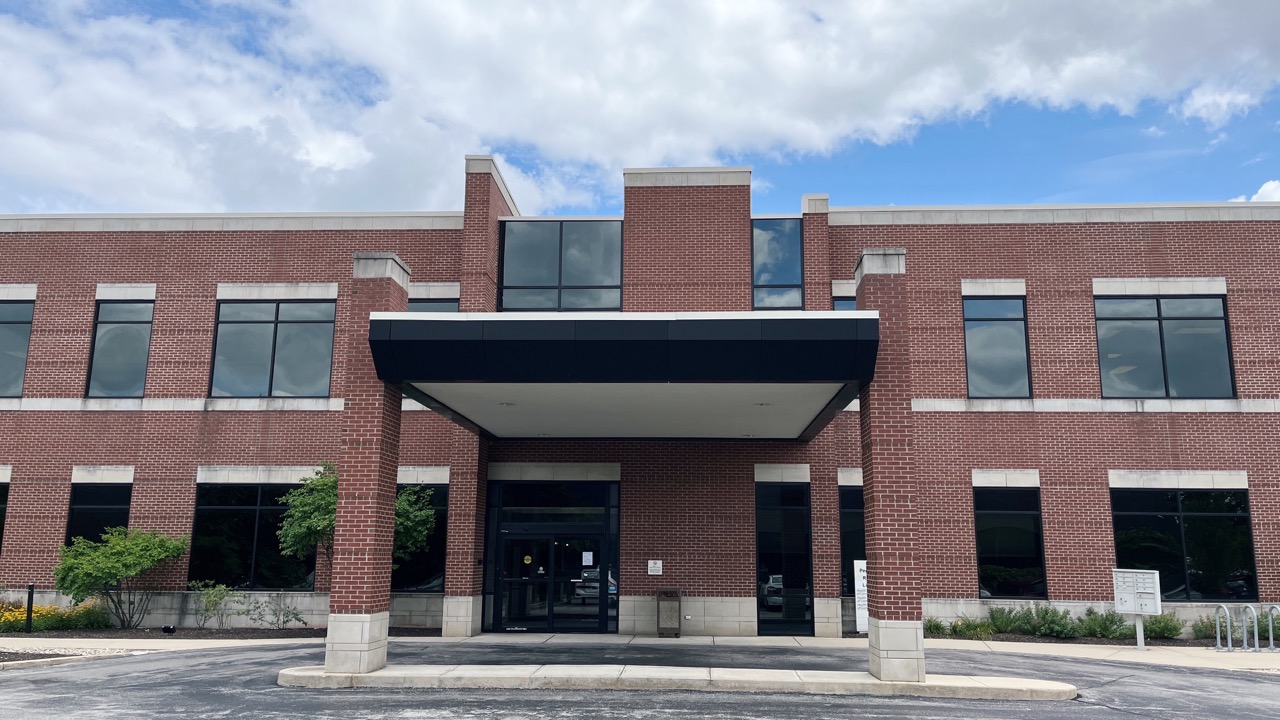Immune Support
Services
What is Immune Support?
Immune support is a broad term that encompasses a range of strategies, treatments, and practices aimed at enhancing the body’s innate defense mechanism—the immune system. It’s rooted in the principle that the human body, when adequately supported, has the intrinsic ability to fend off pathogens, diseases, and other foreign invaders.
The Immune System Unveiled
At its core, our immune system is a complex network of cells, tissues, and organs that work collaboratively to defend the body against harmful invaders. White blood cells, or leukocytes, are the frontline warriors in this system, continuously scouting for pathogens. When detected, these cells trigger a response to neutralize and eliminate the threat.
There are two primary components to our immune system:






Innate Immunity
This is our first line of defense. It includes barriers like our skin and mucous membranes, as well as cells that quickly recognize the presence of foreign invaders and respond immediately. This immunity is non-specific and does not remember previous encounters.
Adaptive Immunity
This system remembers specific pathogens from past encounters, allowing for a quicker and more targeted response during subsequent exposures. It’s the reason why, after contracting certain diseases once, you’re immune for life or why vaccinations work.
Factors Weakening the Immune System
Various factors can impair our immune function, including:
- Chronic stress
- Poor nutrition
- Lack of sleep
- Sedentary lifestyle
- Excessive consumption of alcohol or tobacco
- Underlying health conditions
Immune Support – Beyond Just Disease Prevention
While the primary function of immune support is to help the body ward off illnesses, it’s not just about disease prevention. It’s about creating an internal environment where every cell thrives, leading to not just a state of non-illness but true wellness. Immune support is proactive rather than reactive, emphasizing the importance of consistent, long-term habits and treatments to maintain optimal health.
The Holistic Approach
Holistic immune support transcends the idea of just consuming vitamin C or other immune-boosting supplements. It’s a comprehensive approach that considers:
Dietary Choices: Consuming nutrient-dense, whole foods that provide essential vitamins, minerals, and antioxidants.
Mental and Emotional Well-being: Managing stress through practices like meditation, yoga, or deep-breathing exercises which have been shown to positively impact immune function.
Physical Activity: Regular exercise can promote healthy circulation, allowing immune cells to move more freely and do their job efficiently.
Environmental Factors: Reducing exposure to environmental toxins and ensuring a clean living environment.
Supplementation: Ensuring that any nutrient gaps in the diet are filled with high-quality supplements, tailored to individual needs.
Herbal and Traditional Practices
Many cultures around the world have utilized herbs and traditional practices for centuries to boost immunity. Ingredients like echinacea, elderberry, astragalus, and turmeric have been celebrated for their immune-enhancing properties.
In essence, immune support is a holistic, multi-faceted approach to health and wellness. It champions the idea that with the right tools and guidance, our bodies can achieve—and maintain—a state of optimal health and resilience.
Immune Support Addresses the Following Conditions
- Breast Cancer
- Cancer Care
- Colon Cancer
- Lung Cancer
- Lyme Disease & Autoimmune Therapies
- Lyme Disease Doctor
- Lyme Disease Specialist
- Optimal Wellness
- Pancreatic Cancer
- Prostate Cancer
- Skin Cancer
Request an Appointment With Our Team of Experts
Question or Comment? Please fill out the contact form and one of our office team members will be back in touch within one business day. For immediate assistance, please call our office at (317) 663-7123. Thank you so much!









